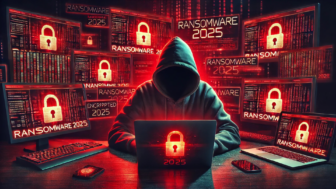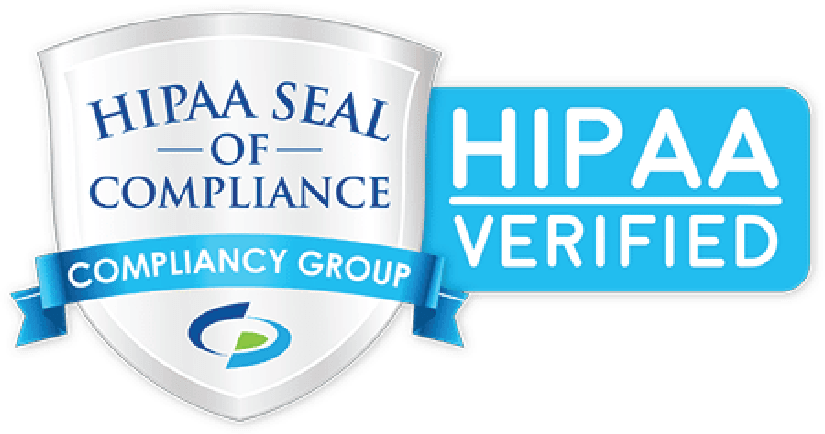The Dangers Of Free Cybersecurity Software
It’s not uncommon for businesses to cut corners here and there. Especially when it comes to saving money, many businesses, new and old, will opt for the cheaper of two options if it means keeping costs down.
This is especially true when it comes to IT. More often than not, businesses will choose free, consumer, and trial-based options instead of buying outright, paying for licenses, or investing in the premium solution.
Where this may occasionally be a practical decision, say, in terms of choosing a cheaper option because it fits the scope of a small business, there’s one area in which this will always be the wrong choice – cybersecurity. It should go without saying, but you’d be surprised how many businesses rely on cheap or free consumer-grade security software to keep them safe.
Case in point? Your anti-virus software.

Is Your Anti-Virus Software Selling Your Data?
It’s more common than you might think. Avast has been selling data on users’ web browsing habits for at least six years. Their 400 million users have been subject to what is essentially spyware (something that anti-virus software is supposed to protect against), and probably weren’t aware of it.
This is just one downside of fee or cheap cybersecurity software. If they’re not making money off you from your purchase or ongoing subscription, they’ll probably find another way to do so. However, that’s not the only reason to avoid free cybersecurity solutions…
Why Do You Need Business-Class Anti-Virus Software?
The most popular business-class anti-virus software in use today are “next-generation”. These are hardware or software solutions used to detect and block complicated attacks. They enforce strict security measures at the port, protocol and application levels. Next-generation software can detect application-specific attacks (traditional firewalls can’t). Therefore, they have the ability to prevent more malicious intrusions.
Business-class anti-virus software performs more advanced functions than standard counterparts:
- Everything and more than standard firewalls.
- The ability to identify undesirable encrypted applications.
- Prevention against viral network infections.
- Intelligence in improving blocking decisions
- Intrusion prevention.
- A baseline for deviations from normal application behaviors.
What’s The Real Difference Between Business- and Consumer-Grade Anti-Virus Software?
Put simply? Their intended use.
Apply a little common sense and you’ll understand what the problem is here. Consumer-grade anti-virus software is only meant to protect a handful of users’ data. It’s meant for a simple network, with relatively low-traffic, and a low chance of attack.
On the other hand, you have business-class anti-virus software, which is developed with business use and purposes in mind. These solutions are designed to protect against the threats that security vendors know businesses are dealing with.
Think of it this way – a professional photographer wouldn’t use a disposable camera to shoot commissioned portraits, right?
Whereas a disposable camera is sufficient for the everyday photographer in that it takes photos, it doesn’t even come close to offering the level control and range of capabilities that a paid professional needs in order to produce truly stunning photography.
The same is true of your anti-virus software, and any other cybersecurity solutions you use.
Like this article? Check out the following blogs to learn more:
The Need for Cybersecurity Expertise at the Board Level for Banking




